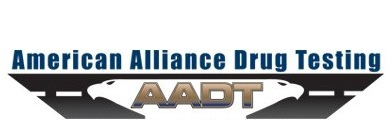HOW DO EMPLOYERS BENEFIT
|
|||
INCREASED
|
DECREASED
|
||
| In order to develop a quality Drug Free Program that will meet state standards, it is important that your program include the following: |
|||
Written Drug Free
|
|||
1 |
A written drug-free workplace policy is the foundation of a drug-free workplace program. Every organization’s policy should be unique and tailored to meet its specific needs and must include the following:
|
Supervisor Training
2 |
After developing a policy, an organization should train those individuals closest to its workforce supervisors. Training should ensure that supervisors understand.
|
Employee Education
3 |
A drug and alcohol education program provides employees with the information they need to fully understand, cooperate with and benefit from their company’s drug-free workplace program.
|
Before implementing a drug free program, the guidelines must be carefully communicated with adequate notice to all employees.
Be sure to consult legal counsel or a labor relations specialist prior to establishing and implementing a formal company policy.




